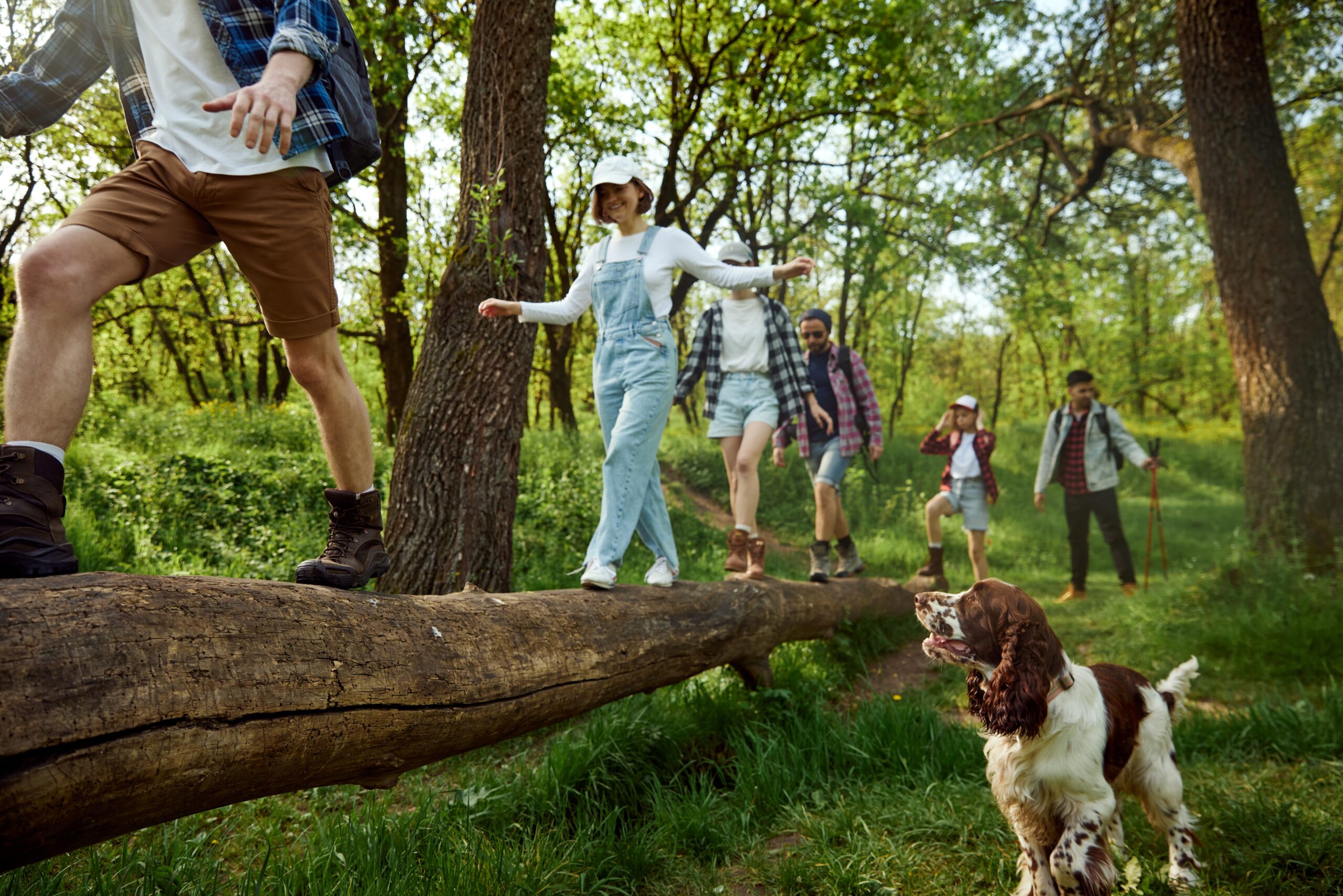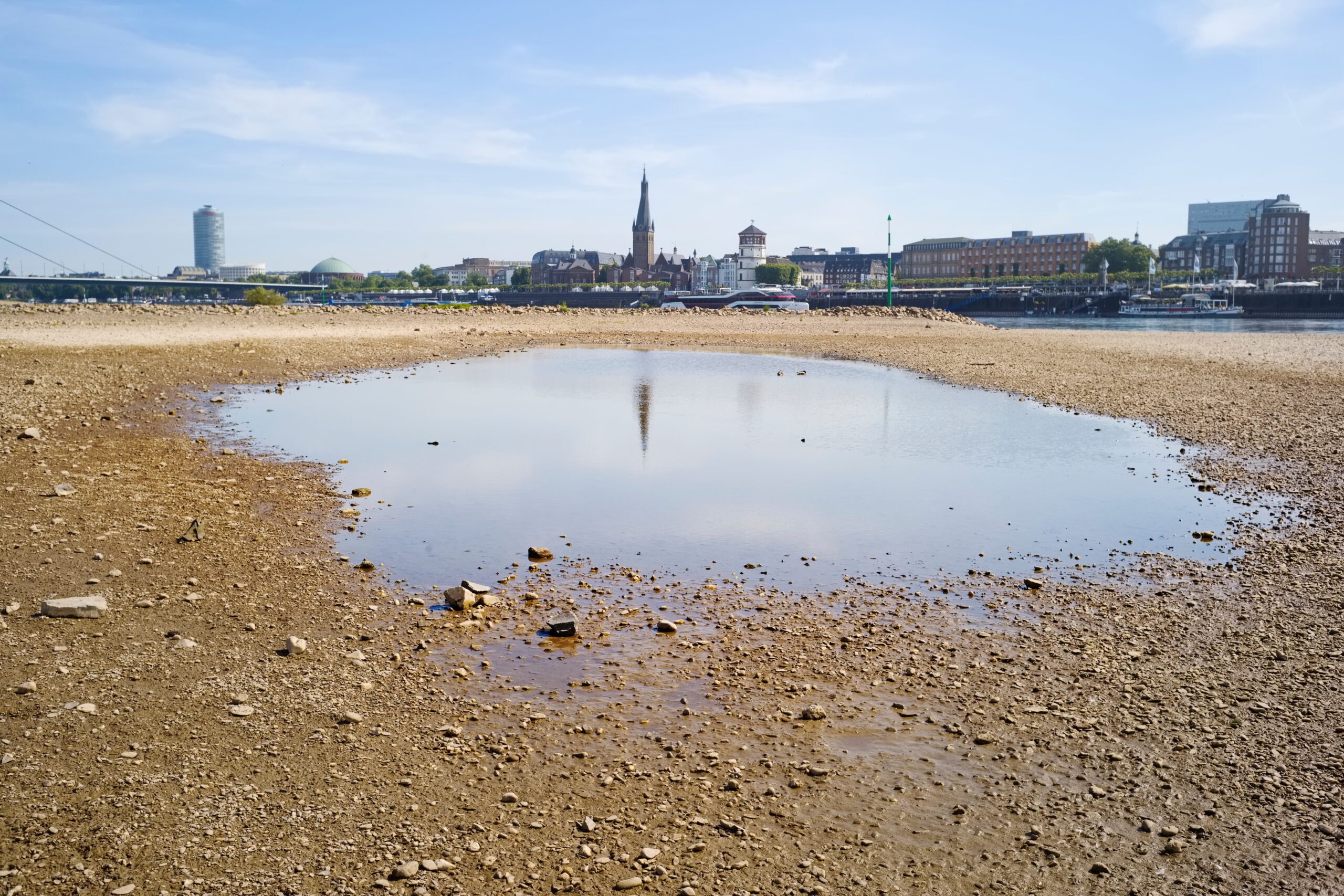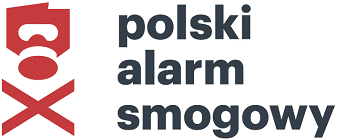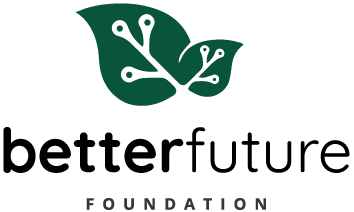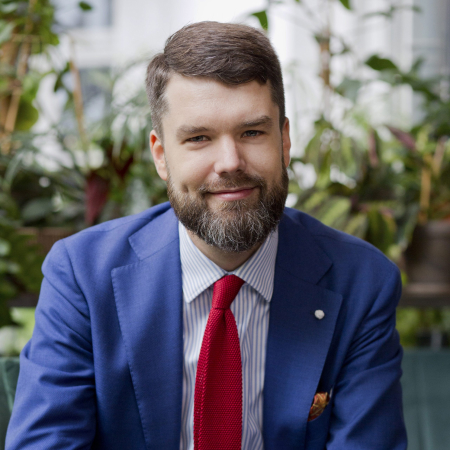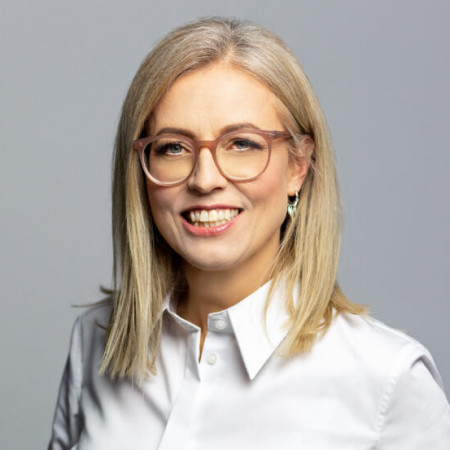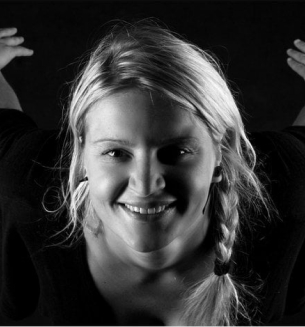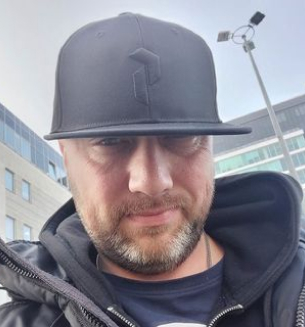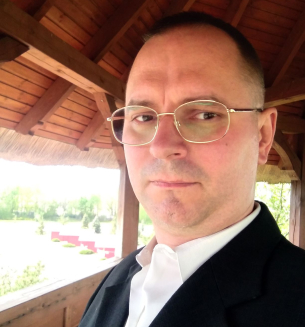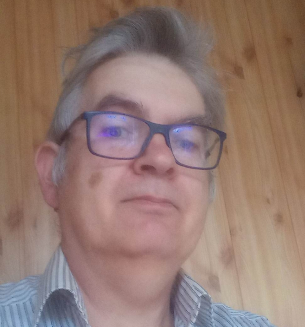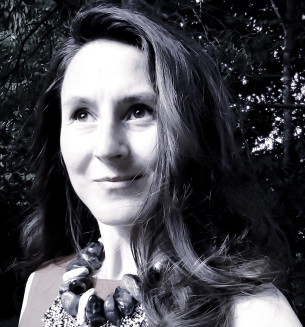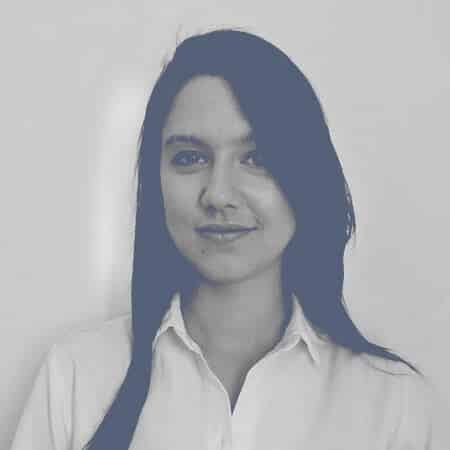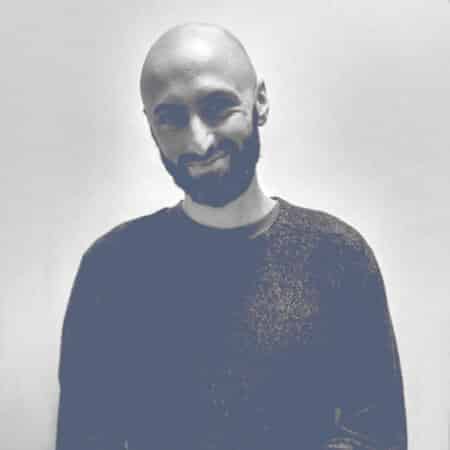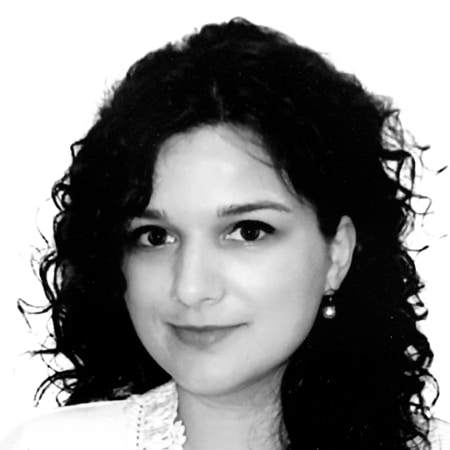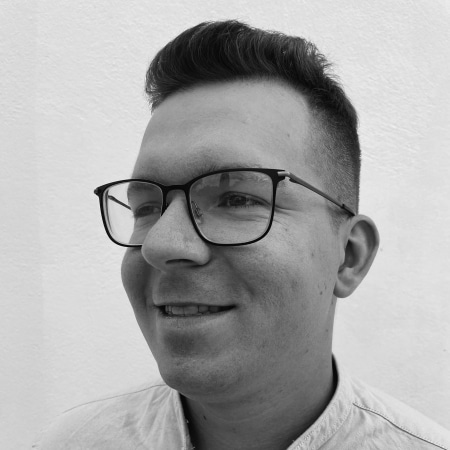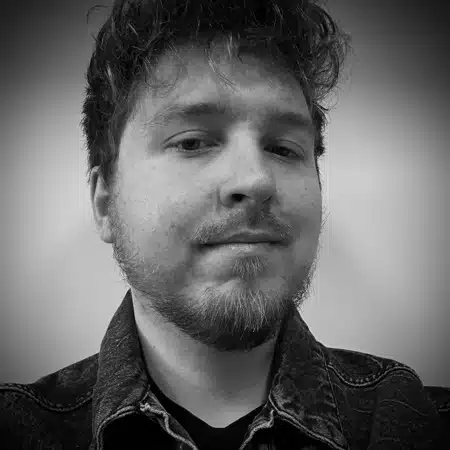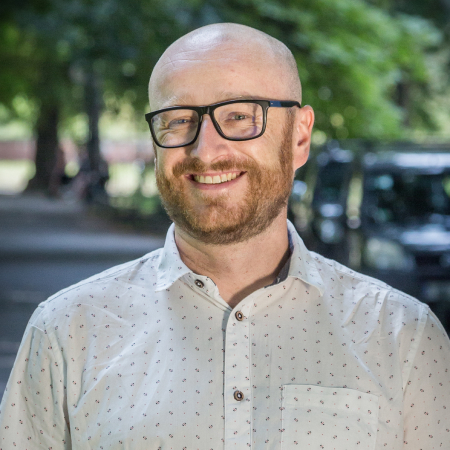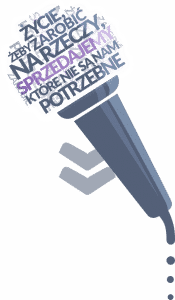
What do you think of the modern world?
I think that the greatest problem that we are facing in the modern world is the climate and ecological crisis. I am using the word crisis very deliberately. If you spend any time at all looking at some of the reports, the information about permafrost melting in Canada, species extinction, loss of biodiversity, and if you become aware of how this is going to affect our ability to produce food and feed ourselves, you should become concerned quite quickly. I think that it is the greatest problem that we are facing and the greatest problem that we have ever faced. It is happening faster than we thought, the results of the crisis are already worse than most people would like to believe. It’s an absolute emergency and I feel that anyone who becomes aware of this realizes that we must act.
When was the first time you felt that this was an emergency?
Well, the IPCC report from October last year came to my attention, actually through somebody on Facebook, who was also sharing Greta Thunberg’s speech and the declaration made by XR in London. I didn’t pay that much attention at that stage to XR, but Greta’s speech was a complete turnaround in my thinking. I realized that this is happening in my lifetime. That it isn’t some bad distant thing that will happen to somebody else, somewhere else or at some point in the future.
We are talking about impacts in 2050: if I live that long, I will be an old lady. I thought: “I don’t want to be an old lady when it all happens!” And then my second thought was: “What am I going to do as an individual?” Because we have been trained to think only about ourselves.
And what have you done as an individual?
I started wondering: should I give up flying, should I go vegan, should I be zero waste? I spent a lot of time asking myself these questions. What about going home? I would have to catch a train to the UK, it’s far from the Czech Republic. Two months going round and round, exploring and researching. And finally, at the end of December I was ready to give up flying and committed to giving up meat. In my fantasy, I was going to share that on Facebook, and my friends would see this, and be affected and decide to change things in their life and everything would be fine.
But it didn’t happen.
Obviously. If I post a picture of my cats, 60 people “like it” and comment on it. When I posted about how serious the climate crisis was, nothing happened. Absolutely nothing. That was the moment I realized things were really bad. If I have no influence on people, how things are going to change? And this was the time when I got back to that post with Greta Thunberg’s speech and I re-read it and thought: who are those XR people? I looked them up, I saw their website, they have a copy of their talk which was called “Heading for Extinction (And What To Do About It”). One Friday night my ex-boyfriend was at the pub, I stayed home, sat down, watched the talk and things have never been the same.
That was the moment when you joined XR?
I remember that in the talk, a woman from XR said: “Many people will hear this and they will turn away from this in fear and that’s OK. That’s a totally normal response. But some people will hear this and will turn to face the fear and these are the people that we are looking for.” I just thought it was me.
I had to do something. I found a Czech XR group and asked if there was anybody organising in Brno, where I lived at the time. And the answer came, saying: no, nobody is organising, but you can start. What? I can’t start a group, I’m an English person, we are in the Czech Republic, my Czech is terrible! Oh my God, we have to do something, but I can’t be the person to start it! You know, excuses of this kind. Finally, I noticed that somebody else I hardly knew in Brno had liked one of the Facebook posts from the Prague XR page. I sent him a message saying: hi, you might remember me or not, but if I start an XR group in Brno, will you help? And his answer was “yes.” Basically, I couldn’t have done it without him.
What were the reactions? Was Brno ready for you?
People were curious. We put out our Facebook profile, informing about the first meeting. We had 16 people at the meeting, so it was enough to get started. But was Brno ready? I’m not sure. A lot of people who came already knew XR. For example Veronica, who is now our spokesperson, used to live in London. And she has friends there, who are in XR. She had seen their actions and thought they were really great, and suddenly somebody was doing it in her town. It was really cool, when people were interested. At the time, we were not facing the criticism that is present around the world right now.
Do you remember your first action?
I think it was in May. We went out into the streets and wanted to do something creative. We had music, made XR symbols of our bodies. We used “break the silence” kind of theme to encourage people to talk about the crisis.
Did you encourage them? Are people in the Czech are noticing the crisis?
More and more so. When I realized that we are facing a catastrophe I started talking to people about it. Back then it wasn’t really being discussed at all. But I can see that over the past six, maybe nine months this discussion has changed. For example, I have a friend in Brno, she is an English teacher like me and I remember the first talk with her about the climate crisis, probably in February. Her opinion was: “we don’t even know that it is happening, the climate is always changing, we don’t even know that people are causing it…” She mentioned all of the arguments of this type. For me, it’s a spectrum of climate denial. And actually six months later she moved to the position: “climate change is real, humans are causing it, but what can we do when such large countries like Russia are doing nothing…?” She at least changed her position from skepticism to acceptance. I think that this is the kind of movement that we are seeing in Czech society.
They believe it, but they are not yet ready to act?
Exactly.
There was a TV show in Česká Televize where they quoted a study that came out in the Masaryk University in Brno. It said that 68 percent of people are concerned about the climate change. 65 percent await an ecological catastrophe soon. So actually, this number is quite high. From my point of view, the area that we need to work on is the 80 percent who think that someone else is going to solve the problem. Less than 20 percent are willing to do something.
For example to give up meat? I’ve spent last two days in Prague and it was hard to find any vegetarian meal. I don’t even want to imagine what vegans experience there.
Oh yes, if you want to go to the traditional restaurant, the only vegetarian food is fried cheese, so you probably spent the whole weekend eating it (laugh). If you are lucky, you can get some fried cauliflower. The truth is that you can find some nice vegan restaurants, you just have to know about them. I think we can go back to those figures: 20 percent are willing to do something, probably give up meat too. But 80 percent are not. I don’t have any specific statistics or studies to quote here, this is just my intuition. When I go to the supermarket I see a long line to the meat counter. People do love meat here. And where does it come from?
Tradition?
Yes, but not only. From my perspective, we don’t have leaders in Czech Republic who are calling crisis a crisis. We don’t have leaders telling us that this is an emergency. We don’t have leaders who are exactly outlining the massive risks that we are facing. There is no highlighting how the increased extreme weather events are going to affect crop fields and what this means for ordinary people, for food security. There is lack of leadership letting ordinary people know how serious the situation is. Would you be willing to give up meat if you liked it and if you were not aware that this was not the best diet for you and for the planet?
If nobody is telling you: you have cancer, you need to change your lifestyle or you are going to die, you won’t change anything. And that’s the kind of a situation that we are in right now. We need that “doctor” figure to say: “Look, keep on like this and this cancer will kill you.”
So there is no climate policy in the Czech Republic?
I tried to do some research on this. You can find the climate policy and I believe that they are working on it. They are outlining the risks, the impacts, the temperature rises, all the problems that it will cause on a piece of paper. There is even a part about notifying the public. So the policy exists, but I don’t personally see in my day to day life that this policy is being enacted. There is an increasing awareness and engagement. Prague’s 7th district has declared climate emergency. Prague city council has come close to declaring climate emergency without calling it a climate emergency. Politicians are begging to recognize it as a problem. But are we seeing the level of actions that are necessary? Not from my point of view. There are also some historical problems and power problems about what the media discuss and do not discuss as regards the climate change. Most of the media are owned by extremely wealthy people for whom doing something about the climate and ecological crisis is not in their best interest.
I imagine that in these conditions it is hard for XR to become a mass movement.
People are secretly supporting or wishing us well. I was at a panel about climate action some days ago and one man came to me and whispered: “I’m a real fan of what XR is doing”. It is a really big step for any Czech person to move from that kind of quiet support to active support. We have to spend a lot of energy in terms of trying to convince people that it is acceptable to be involved. We have to get past this “eco-terrorist” label that the media have been giving to anyone who tries to engage in any kind of activism. I think there is some cultural barrier. In October, we organised the “Rebel Week”, we had 120 people who were willing to go to the largest roads in Prague and block them. Earlier this year, it would not have been possible. We are not mass movement, but rapidly growing. By the Czech standards.
Was it difficult for you to understand this cultural barrier? Of course, we are all in Europe, but I think there are a lot of differences between the Czech culture and the one you were raised in.
I had already been in the Czech Republic for nearly two years before we started our group in Brno. I already had some appreciation of the Czech culture and how different it was from the English culture. Maybe it is naive of me, but normally I see more similarities than differences in people. This is what XR is trying to do: to find something universal about humanity. It is trying to find what it means to be humans these times. In general, not in particular countries or cities.
Are you less scared when you take action?
In some ways yes, but in other ways no. I think activism helps to face the difficult feelings. Before I took action, I was already subconsciously feeling that something bad was happening.
. We, as humans, are more sensitive than we realize. What I was experiencing before I started taking action was a lot of mental health symptoms which were probably pushing away deep feelings somewhere. Now, they have all disappeared. I felt grief, hopelessness and fear: all the feelings that are normal when you realize the scale of the crisis.
Now, I have moved away from just feeling to being consciously aware and processing my emotions. So I can’t answer the question with a simple “yes” or “no.” Does activism make it go away? It makes it more real. I would rather be looking at the problem and dealing with it than not being aware of it and pushing it away. That is my personal preference.

Kate Wiseman
member of XR in Czech Republic, founder of XR group in Brno



